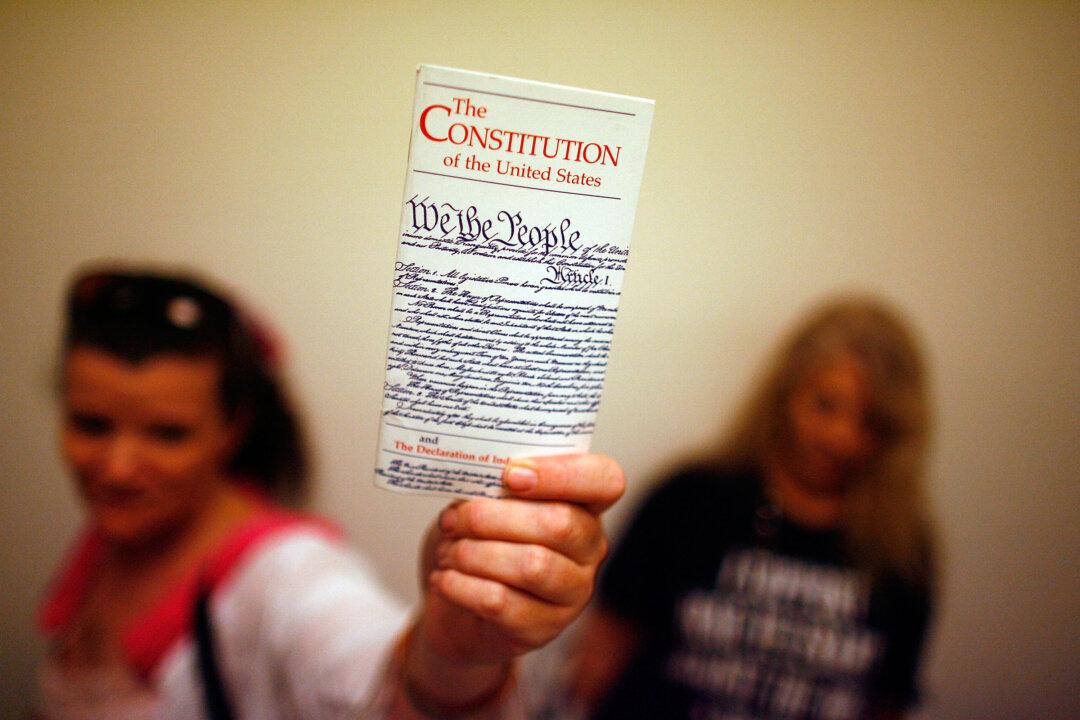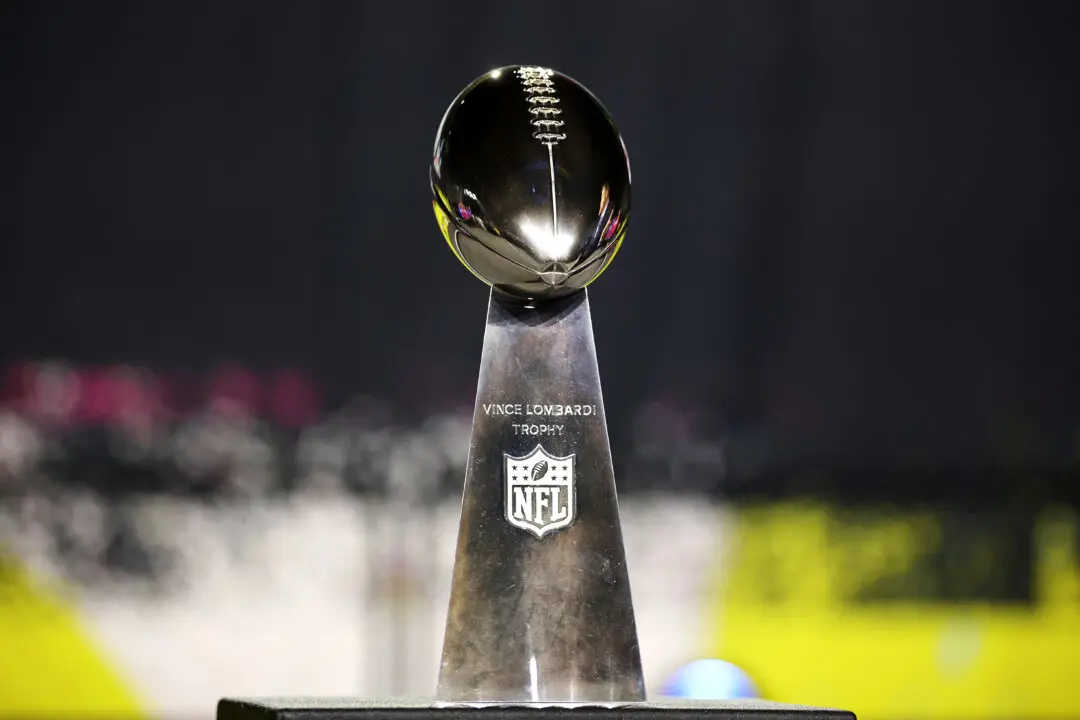Commentary
Dec. 15, 2018, was Bill of Rights Day. The Bill of Rights (the first 10 amendments) appended to our constitution took effect on Dec. 15, 1791—227 years ago. In viewing the status of the Bill of Rights today, it’s possible to adopt either a “the glass is half empty” or a “half full” perspective.





